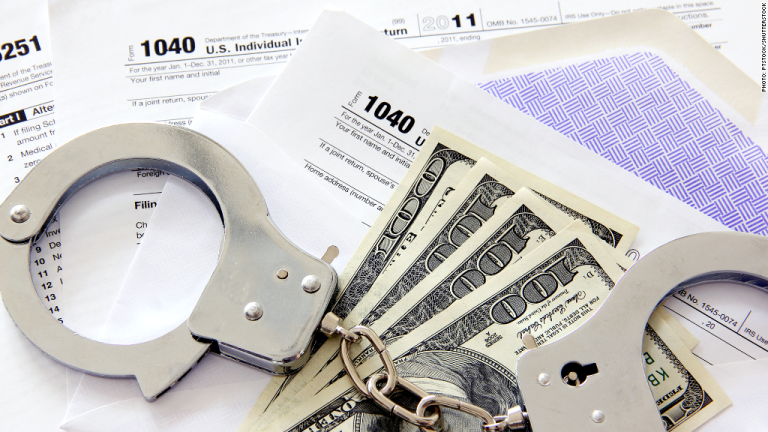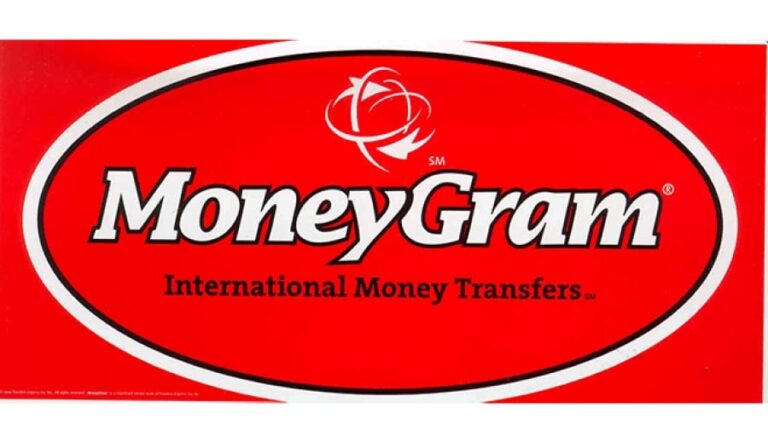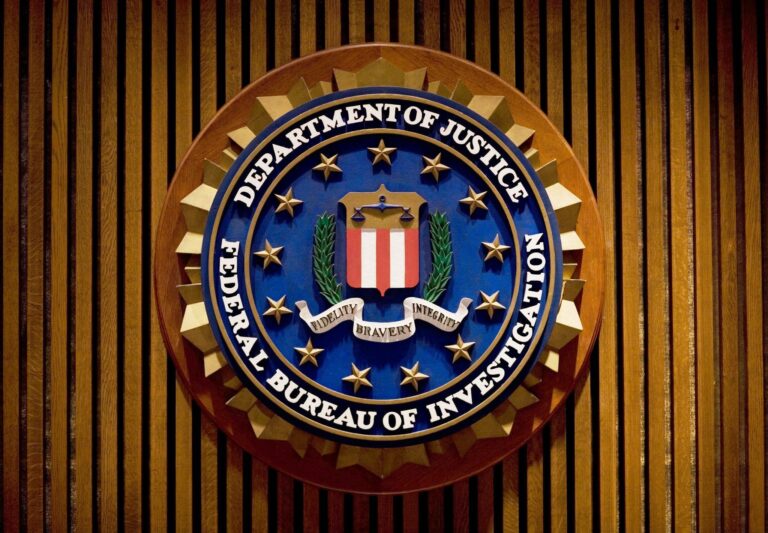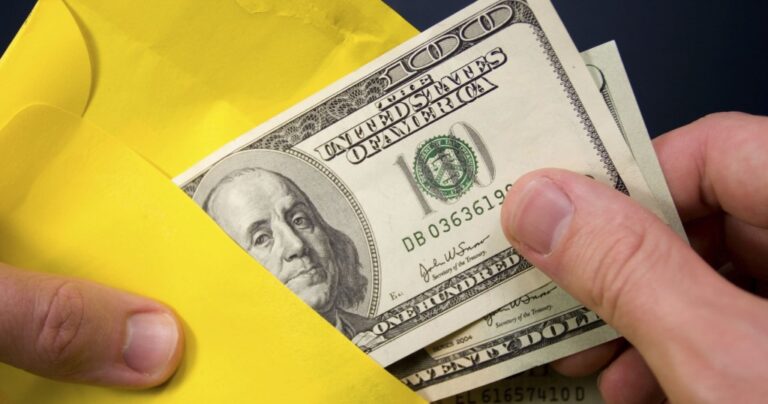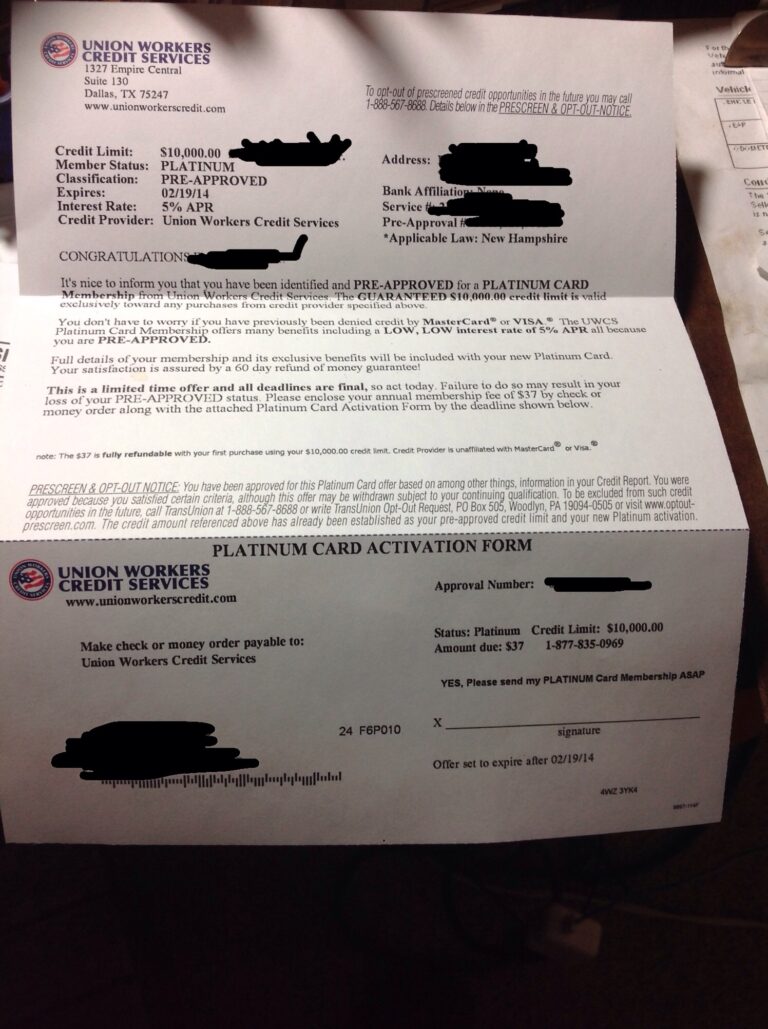Bankruptcy Fraud: How To Identifying And Wich Are Common Fraud Schemes
Strawbuyer/Fictitious Bidder
The debtor sells assets to a court-approved buyer and the assets are secretly resold at a profit pursuant to a previous agreement with a third party. Where fictitious bidding is suspected, creditors should require a statement to the effect that the buyer is bidding for himself or have him state the purpose of the purchase. False statement prosecutions have been brought where this statement is false.
Examples Of Straw Buyer/Fictitious Bidder
Kickbacks: An insider agrees to sell assets to a purchaser who agrees to pay the insider a kickback. The purchase price disclosed in the motion to sell is less than the price agreed upon by the insider and the purchaser. When the sale is completed, the debtor receives the difference between the court-approved price and the undisclosed sale price.
Straw Sales: Insider wants to conceal his purchase of estate assets because he wants to orchestrate the sale to allow him to buy the assets for a depressed price. A fictitious purchaser or nominee is used to acquire the assets. Once the sale is consummated, the assets are transferred to the insider for a fee. Insider and purchaser do not disclose the relationship to the court. Oftentimes, both parties will make affirmative statements claiming there are no connections or agreements between them.
Red Flags/Common Characteristics
· Pre-existing, undisclosed relationship between the debtor and the straw buyer.
· Sale terms are structured to prefer one bidder.
· Inadequate or no effort to locate other purchasers. Advertising not placed in appropriate newspapers or journals to reach potential purchasers.
· Unusually high bid-protection or break-up fees.
· High price offered, but broad terms allow the purchasers substantial setoff rights.
· Purchaser is represented by counsel with close ties to debtor’s counsel.
· Debtor interferes with potential purchasers’ due diligence efforts.
· Short notice request on sale because of “emergency” situation.
Civil Responses To Consider
· Appointment of a Chapter 11 trustee
· Objection to the sale. Grounds include inadequate disclosure concerning the insider relationship to purchaser; inappropriate advertising, e.g., terms of sales not reasonable and too broad · Trustee adversaries to avoid sale
· Objection to discharge pursuant to 11 U.S.C. Section 727, if debtor is an individual
Criminal Responses to Consider
Bankruptcy Fraud, 18 U.S.C. Section 152 a(1)-(5): Concealment of assets and false statements to the court or in 2004 depositions. The insider receives property of the estate with the intent to defeat the provisions of Title 11 because the property is not sold at its real value.
Bankruptcy Fraud, 18 U.S.C. Section 157: If the bankruptcy system was used to aid the fraud, concealment and false statement may be charged under this section. Provides a broader description of the crime.
Conspiracy to Commit Bankruptcy Fraud, 18 U.S.C. Section 371: If two individuals are involved in the scheme, conspiracy may also be charged.
Tax Fraud, 26 U.S.C. Sections 7202, 7203, 7206 and 7212: A failure to pay taxes on money received from the sale, failure to file returns, or the filing of a false return in an effort to conceal the scheme.
Next: Serial Filers

